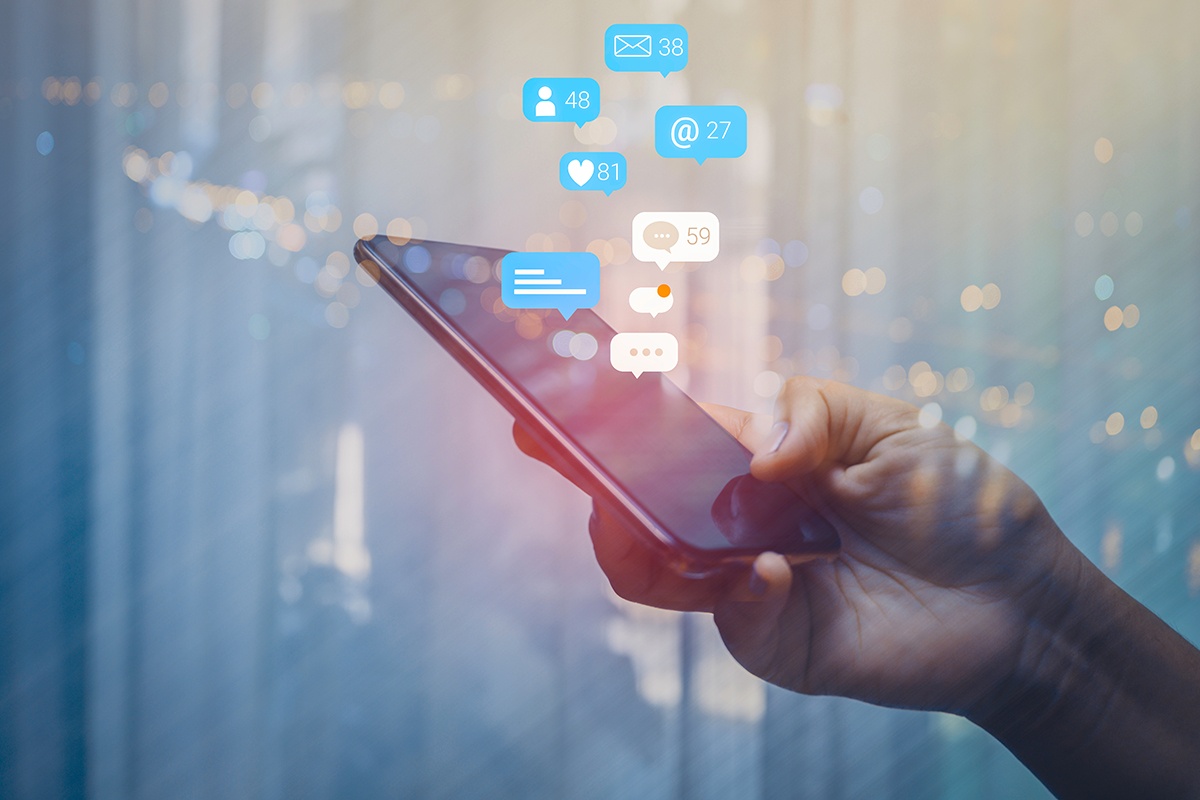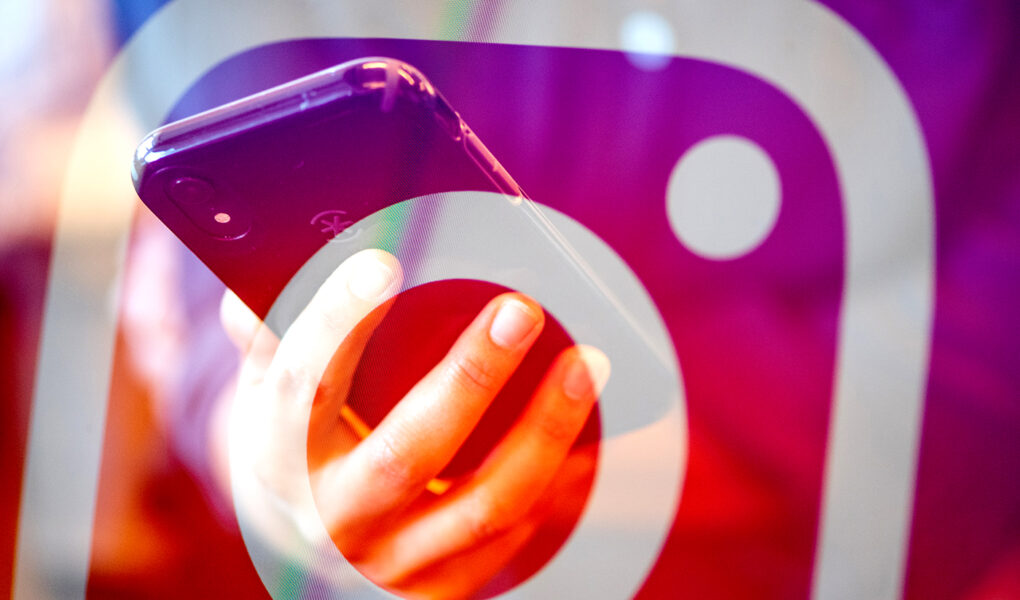In the age of social media, Instagram has become a powerful platform to connect people and share experiences. But is it more than just a photo-sharing app? Recent studies have suggested that Instagram can be used as an effective tool to improve your mental health and well-being.
This article aims to explore how the Instagram effect can be beneficial in promoting positive attitudes toward one self-image, increasing self-esteem, managing stress levels, and improving overall mental health.
We will also look at some of the potential pitfalls associated with this emerging trend so you can make an informed decision about using the app for its intended purpose.
1. Understanding the Benefits of Instagram for Mental Health

Instagram can be a powerful tool for improving mental health. Many users find that the platform helps them to build relationships, express themselves creatively and connect with others who may be going through similar experiences.
By allowing users to share photos and stories, Instagram provides an outlet for self-expression and connection with friends who understand what they are dealing with. Additionally, its use of hashtags makes it easy to search for people facing similar issues or topics, which can help create a sense of community.
Through this kind of encouragement and support, many individuals have found that using Instagram has had a positive effect on their mental health. Furthermore, some studies suggest that posting content related to personal growth can even lead to increased feelings of life satisfaction overall.
If you are looking to boost your Instagram follower count, you may consider checking out how to buy Instagram followers.
2. Strategies for Using Instagram in a Healthy Way
To ensure that you’re healthy using Instagram, there are several strategies you should consider. First and foremost, set limits on how much time you spend scrolling through your feed or posting photos each day. Allocating specific times to log onto Instagram will help reduce feelings of being overwhelmed by the app.
Additionally, try to stay away from content that isn’t uplifting or motivating; focus instead on connecting with people who make you feel good about yourself and motivate positive change in your life. Second, don’t compare yourself to others too often. I
ts easy to become discouraged when comparing your own experiences and accomplishments to those of other users—but just remember that most accounts only show what someone wants their followers to see rather than an accurate representation of reality.
As such, try not to place too much emphasis on any one post or person as they may not be portraying an honest version of themselves online. Finally, take advantage of all the resources available within Instagram itself!
From mindfulness activities and self-care tips offered via Stories or IGTV videos (like yoga classes) to helpful advice from experts posted regularly in community forums like Wellness Wednesdays—there are plenty of ways for users who want support for their mental health journey without having to leave the app altogether!
3. Exploring the Risks of Social Media Use and How to Avoid Them

Social media use can be both beneficial and detrimental to our mental health. While Instagram is a great platform for connecting with friends, engaging in creative projects, and exploring new interests, it’s important to recognize the potential risks of using this app.
It can be easy to get caught up in unhealthy habits while scrolling through feeds or double-tapping posts that make us feel inadequate compared to others. Users need to remember that many people post their best moments online so comparing oneself is not an accurate representation of reality.
It’s also important for users to take regular breaks from Instagram as overusing it may lead them down a path of anxiety or depression caused by feelings of inadequacy or unrealistic expectations from themselves and others.
Fortunately, there are ways that individuals can minimize negative effects associated with excessive social media use such as setting phone reminders about screen time limits; unfollowing accounts whose content does not bring joy; refraining from oversharing personal information; and taking part in activities outside of the digital world such as sports or spending time outdoors with friends without phones present!
By following these simple tips one can ensure they are using Instagram responsibly while still reaping its benefits!
Conclusion

In conclusion, it can be said that Instagram can have positive effects on mental health. The app provides users with an outlet to express themselves and share their thoughts, feelings, and experiences with a wide audience. It also helps to connect people from all walks of life who might otherwise never cross paths.
Moreover, it is important to remember that Instagram should not replace traditional forms of communication such as face-to-face interaction but rather supplement them to create meaningful connections between individuals. With its unique features and welcoming environment, Instagram can help us stay connected while also promoting mental wellness.




